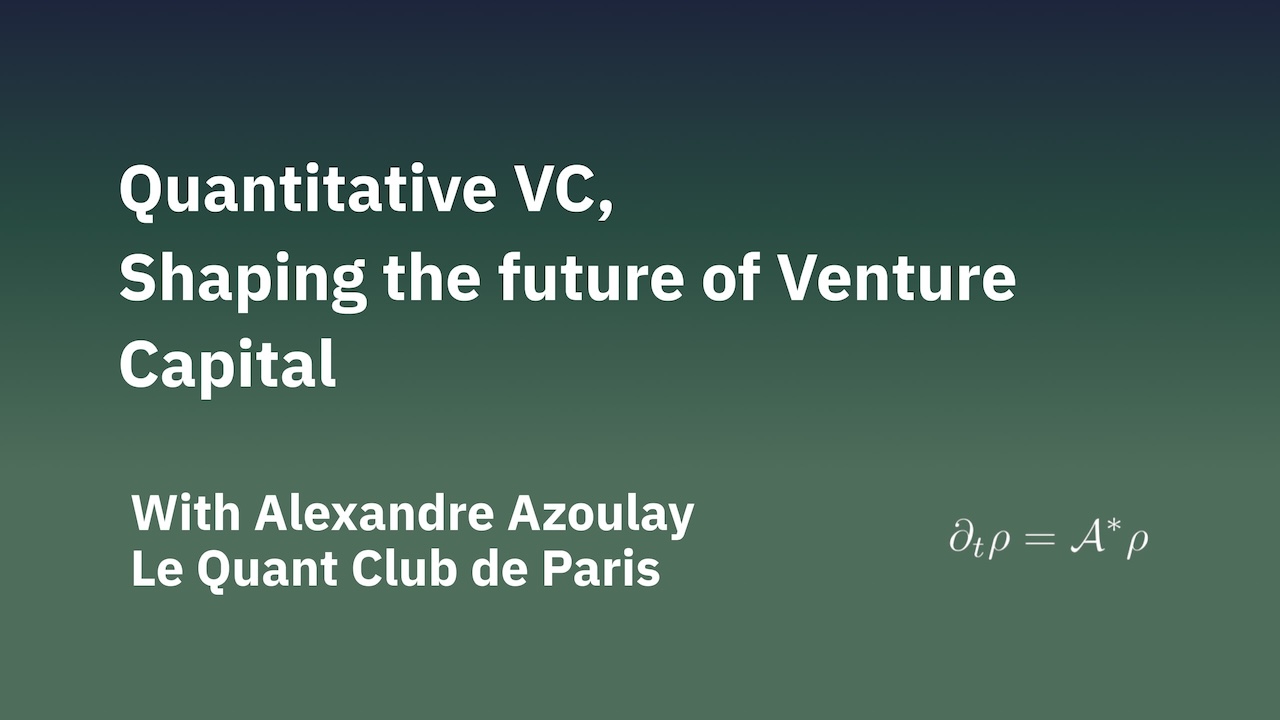
Bridging the gap between
AI researchers and Institutions
Crunch Foundation leverages blockchain to connect AI researchers and Institutions while protecting both Intellectual Property and Data Privacy.



.png)
Crowdsourcing AI Models with 5,000 Members and 600 PhDs
Enabling Distributed Collaboration
Our Platform facilitates distributed collaboration, enabling individuals and teams from around the world to contribute their unique skills and knowledge to solve our customers' problems.

Community Driven
Over the last two years, Crunch Foundation has attracted the best talents in AI.


Transparent and Ethical Framework
The Foundation emphasizes transparency and ethical considerations in its operations. It ensures that data handling and contributor interactions adhere to high standards of integrity and openness, fostering trust among all participants.

Unlocking a new kind of collaboration


The $CRUNCH enables a new AI market.
Burn-and-Mint Equilibrium Model
The $CRUNCH, CF Platform's native cryptocurrency, follows a "burn and mint equilibrium model". AI Research Credits are sold for a fixed USD value, and corresponding tokens are burned from its 10.7M maximum supply.

Shared Value
The Token value accrual model is based on max limited supply of $CRUNCH and a growing demand in AI model procurement from the financial market. The role of the foundation is then to capture this value in order to grow, support the ecosystem and distribute part of it back to the ecosystem.
Join our local Quant Clubs
Members in our local quant clubs
Each event features talks by industry professionals, open discussions, and networking sessions, facilitating knowledge sharing and creating opportunities for like-minded individuals to connect.
Local Quant Clubs
Paris, New York, Bangalore, London, Bandung & Abu Dhabi.
Our guest speakers, hailing from top companies and academia, are sheding light on the latest advancements, cutting-edge tools, and futuristic trends in machine learning and quantitative studies.
Areas of Interest
Unlocking Value for the Foundation
Causality
Integrating machine learning with causal inference equips researchers to unveil resilient, reproducible causal mechanisms. This synergy enhances decision-making in the ever-changing landscape of finance, providing a solid foundation for navigating complexities.
Market Stability
Market regimes, crash detection, and regime drift are crucial in quantitative finance. Understanding shifts in market behavior is critical to market stability. Machine learning models play a vital role in optimal decision-making while facing non-linearities.
Decentralize AI
The problem of decentralized AI involves balancing the need for transparency, especially in the context of blockchain technology, with the need for confidentiality to protect both institutional interests and Intellectual Property.
Frequently asked questions
Lorem ipsum dolor sit amet consectetur adipiscing elit interdum ullamcorper sed pharetra senectus donec nunc quis nostrud.
Why a Foundation?
This approach ensures that the DAO attracts the most talented researchers, regardless of their physical location. The Foundation framework ensures a secure and transparent environment for managing the $CRUNCH Token and the DAO.
Do you offer team accounts?
Bibendum vulputate etiam amet orci enim cursus est blandit neque tempus a venenatis nisl quis facilisis scelerisque amet lobortis est morbi viverra fringilla sapien dui maecenas tortor tortor lacus odio purus nisl id elementum etiam nunc.
How does Darktech X work?
Bibendum vulputate etiam amet orci enim cursus est blandit neque tempus a venenatis nisl quis facilisis scelerisque amet lobortis est morbi viverra fringilla sapien dui maecenas tortor tortor lacus odio purus nisl id elementum etiam nunc.
How to enable user tracking?
Bibendum vulputate etiam amet orci enim cursus est blandit neque tempus a venenatis nisl quis facilisis scelerisque amet lobortis est morbi viverra fringilla sapien dui maecenas tortor tortor lacus odio purus nisl id elementum etiam nunc.


.jpg)
.jpg)





-min.jpg)
.png)

